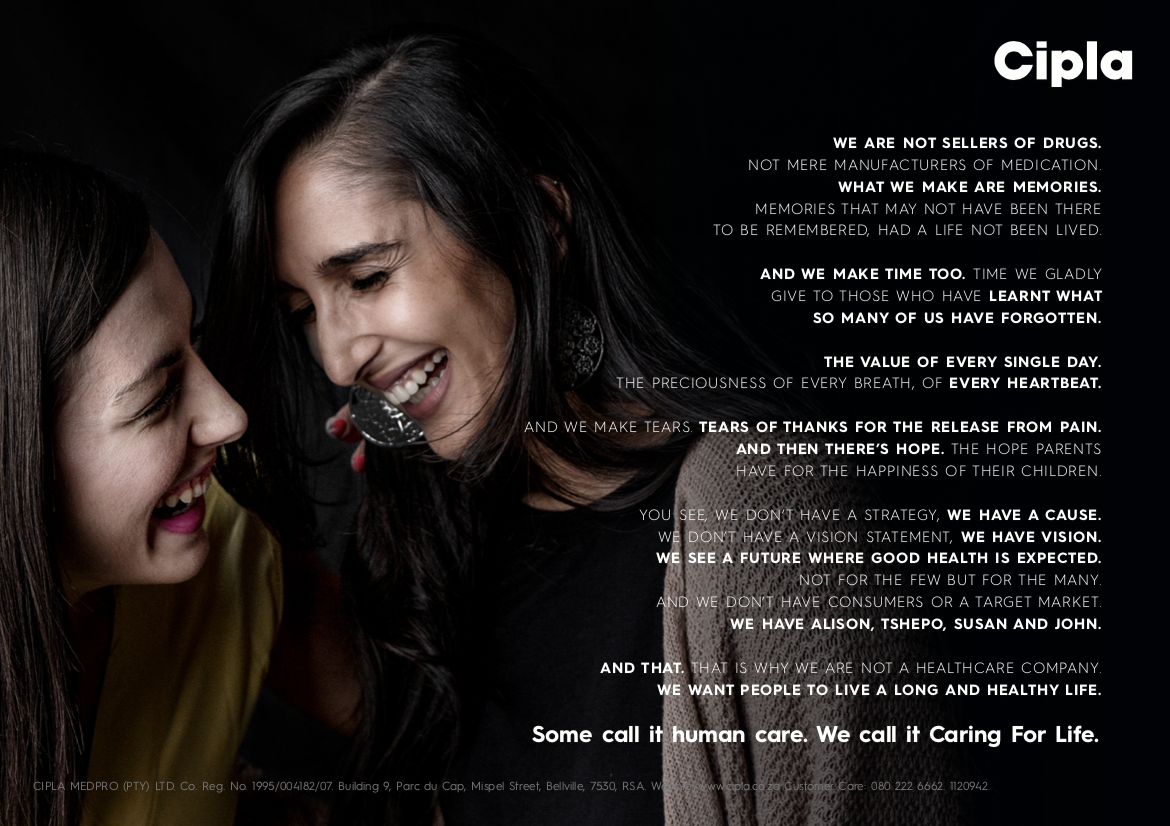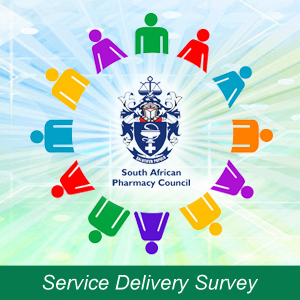As any student of history will tell you, revolutions seldom occur without casualty, and the 4th Industrial Revolution (4IR) will be no different. However, we cannot and must not allow patient care to be one of the casualties of this revolution.
Many professionals around the globe have expressed concern for their job security in the face of this new revolution. Particularly because forecasts by Citi and Oxford Martin School’s Technology at Work report points to massive job losses in various sectors due automation and the introduction of new technologies. Should pharmacists also be worried? A study by the Northern Ireland Council for Voluntary Action (NICVA) indicates that the likelihood of jobs in healthcare being totally automated is only 0.66%. However, the same cannot be said about administrative, customer service, and retail jobs – machines could perform more than 60% of these occupations, according to research by Citi and Oxford Martin School.
According to the World Bank 2016 World Development Report: Digital Dividends, about 67% of all jobs in South Africa are at risk of automation. However, it is also clear that as certain traditional occupations will not survive the 4IR new occupations requiring skills attuned to the digital era will be born.
Instead of fearing the inevitable changes the 4IR will bring, we should be embracing the new opportunities created which will allow improved patient care, better access to health services by the public and innovative new ways of carrying out business. The term “Artificial Intelligence” (AI) brings to mind robots that could potentially take over the world, but recent developments in AI have actually proven exceedingly beneficial in the healthcare sector. AI is allowing healthcare professionals to assist patients with diagnoses, treatment and information in rural areas where healthcare professionals may be scarce.
The World Economic Forum (WEF) Global Future Council on the Future of Health and Healthcare in its Health and Healthcare in the Fourth Industrial Revolution argues that the 4IR will result in the improved patient outcomes as technological advancement increases the efficiency of certain treatments. The report argues that the deployment of technologies such as nanotechnology and the Internet of Medical Things (IoMT) will increase efficiency in healthcare. Some of the advances are already upon us, as areas such as pharmacogenomics are already deploying technology to tailor-make and individualise treatments.
The IoMT, argues the WEF Global Future Council on the Future of Health and Healthcare, will have many applications in healthcare. Telemedicine, virtual home assistants for the aged and frail, medical adherence tracking and emergency response systems are some of the applications of IoMT that are likely to dominate healthcare in the coming decades. Pharmacy professionals ought to drive the change that these technologies bring in order to adapt and ensure that, as we adopt technology, Pharmacy does not lose its soul.
In recent years, we have seen the arrival of automated dispensers into the pharmacy practice environment and Council responded appropriately by ensuring that the Pharmacist remains central to the deployment of such technologies. As we see newer inventions, such as the medicine smart locker unveiled at the Winnie Mandela Clinic in Tembisa, it is important that as professionals we embrace such progressive inventions while reminding ourselves that dispensing alone is not what makes our profession. The counselling of patients on the effective and safe use of medicines, taking into account their individual health conditions, should always form part our service, especially in the advent of technology.
Ronald Reagan once said, “There are no great limits to growth because there are no limits of human intelligence, imagination and wonder.” The 4th Industrial Revolution is showing us that there truly is no limit on what mankind can achieve. By embracing the 4th Industrial Revolution we can truly be a part of a global healthcare system where every patient has access to quality and affordable health services.
Advertisement







